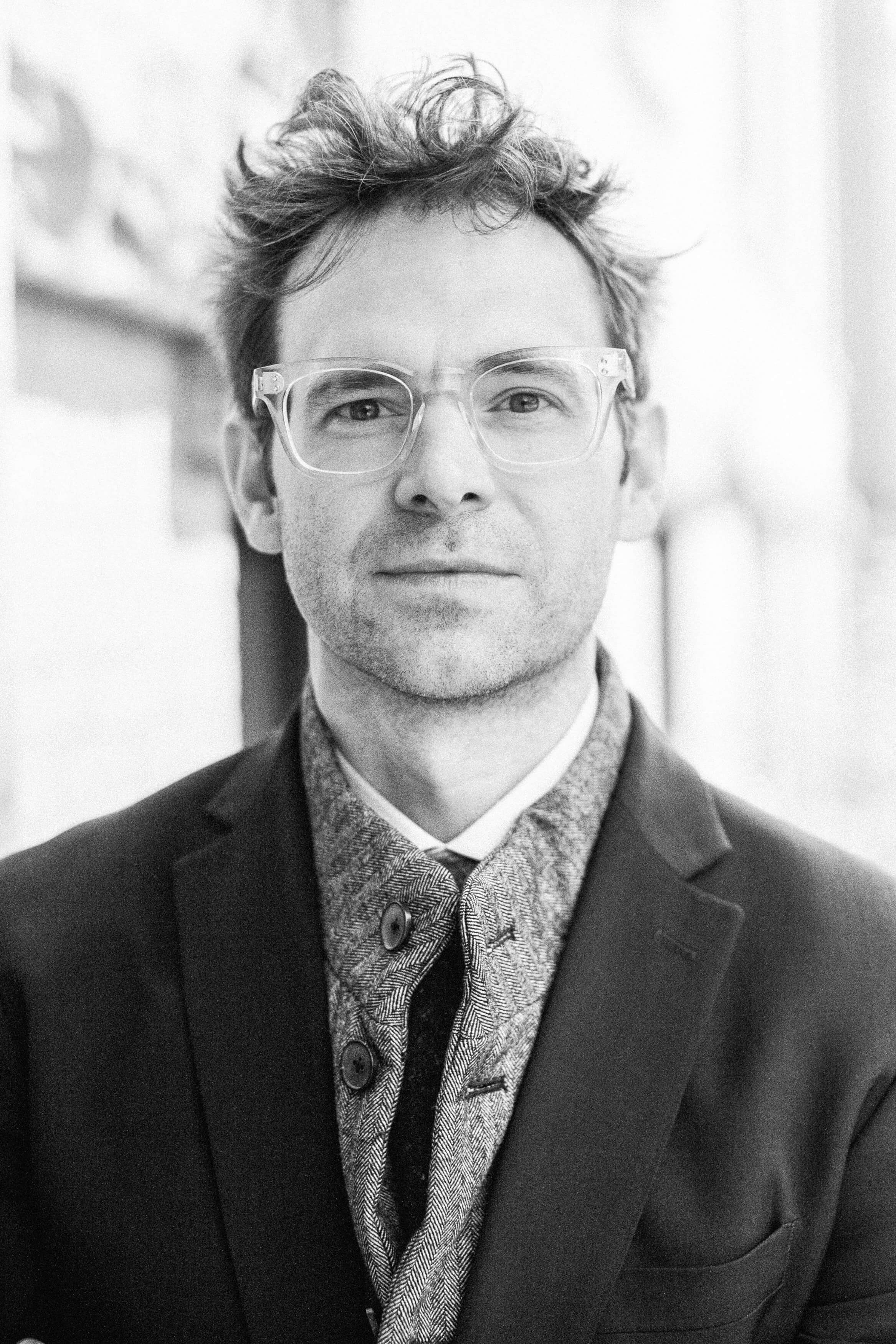Hugh Cagle | Director, International Studies
Associate Professor of History & History of Science

Hugh Cagle
Director, International Studies
Associate Professor of History & History of Science
![]() 801/ 585-7804
801/ 585-7804
![]() CTIHB 329
CTIHB 329
About
I am an associate professor in the Department of History and Director of the University of Utah's International Studies program. I work in the combined areas of Latin American history (especially Brazil), comparative colonialism (especially Portuguese colonialism in South Asia and South America), and science and technology studies (STS).
It is my great pleasure to have the opportunity to work with both undergraduate and graduate students on projects related to these and similar issues. My research, teaching, and leadership alike are marked by a concern for historical debates, a penchant for comparison, and an emphasis on global connections.
My first book, Assembling the Tropics (Cambridge, 2018), brings together the histories of science, medicine, and geography to show that "the tropics" is not a place but a political project. From popular fiction to modern biomedicine, the modern tropics have been defined by two essential features: prodigious nature and debilitating illness. That was not always so, I show how such a vision was created. Along the way, I also challenge conventional accounts of the Scientific Revolution. The history of "the tropics," I argue, is the story of science in Europe's first global empire. Beginning in the late fifteenth century, Portugal established colonies from sub-Saharan Africa to Southeast Asia and South America, enabling the earliest comparisons of nature and disease across the middle latitudes of the globe. Assembling the Tropics tells how the proliferation of colonial approaches to medicine and natural history led to a vision of "the tropics" as a single, coherent, and internally consistent global region.
Assembling the Tropics is a story about how places acquire medical meaning, about how nature and disease become objects of scientific inquiry, and about what is at stake when that happens. The book won the prestigious 2019 Leo Gershoy Award from the American Historical Assocation, and has earned praise in top journals in fields ranging from Portuguese Literature to history, and science and technology studies.
I remain fascinated with the relationship between science and colonialism in the early modern world and presently have two projects underway. One is a comparative study of the practices of animal dissection and classification under Portuguese rule in Brazil and India. The other examines technologies of the Tupi-speaking peoples of Amazonia.
Education
- PhD, Department of History, Rutgers University.
Research Focus
STS and the History of Science
Comparative Colonialism
Latin America
Key Publications
Books:
Assembling the Tropics: Science and Medicine in Portugal’s Empire, 1450-1700 (New York: Cambridge University Press, 2018).
Journal Articles:
"From Colonialism to GLobal Health: Frameworks for the History of Medicine in Portugal's Empire." History Compass (2023): 1-13. https://doi.org/10.1111/hic3.12789.
“Objects and Agency: Science and Technology Studies, Latin American Studies, and Global Histories of Knowledge in the Early Modern World.” Latin American Research Review. Vol. 54, no. 4 (2019): 976-991.
“Beyond the Senegal: Inventing the Tropics in the Late Middle Ages.” Journal of Medieval Iberian Studies. Vol. 7, no. 2 (2015). Pp. 197-217. NOTE: This is a special issue, which I co-edited with Iona McCleery, on the theme of “Medicine and Empire: Healthcare, Diet and Disease in Portugal (1350–1550).”
Essays:
“Iberian Science, Portuguese Empire, and Cultures of Inquiry in Early Modern Europe.” Routledge Handbook on Science and Empire. Edited by Andrew Goss. New York: Routledge, 2021. Pp. 148-161.
“Imperial Tensions, Colonial Contours: Jesuits, Slavery, and Race Within and Beyond the Portuguese Atlantic.” Routledge Hispanic Studies Companion to Colonial Latin America and the Caribbean. Edited by Yolanda Martínez-San Miguel and Santa Arias. New York: Routledge, 2021. Pp. 215-230.
“Enlightened Reformism in Iberian Culture and Science.” Co-authored with Matthew J. Crawford. The Iberian World. Edited by Pedro Cardim, Fernando Bouza Álvarez, and Antonio Feros. New York: Routledge, 2019. Pp. 500-518.
“Cultures of Inquiry, Myths of Empire: Natural History in Colonial Goa.” Medicine, Trade, and Empire: Garcia de Orta’s Colloquies on the Simples and Drugs of India (1563) in Context. Edited by Palmira Fontes da Costa. Surrey, UK: Ashgate, 2015. Pp. 107-128.
“The Botany of Colonial Medicine: Gender, Authority, and Natural History across Iberian Empires.” Women of the Iberian Atlantic. Edited by Sarah E. Owens and Jane E. Mangan. Baton Rouge: Louisiana State University Press, 2012. Pp. 174-195.
“Age of Settlement and Colonization, 1500-1900.” Co-authored with Michael Adas. Ashgate Research Companion to Modern Imperial Histories. Edited by Philippa Levine and John Marriott. Burlington, VT: Ashgate, 2012. Pp. 41-73.
Teaching
HIST 7920: Seminar in Colonialism
HIST 7800: Historical Methods
HIST 4990: Science, Technology, Medicine, and Health
HIST 4075: Science, Technology, and Society
HIST 3350: The History of Brazil
HIST 1300: Latin American Civilization to the 1820s
Awards
- National Humanities Center, Writer in Residence, Summer 2023
- 2019 Leo Gershoy Award for the best book in early modern European history, American Historical Association, 2019
- “Rising Star in the Humanities” award from the College of Humanities, University of Utah, 2018
- University of Utah Tanner Humanities Center Faculty Fellowship, AY 2015
- “Best Collaborative Project” award for Women of the Iberian Atlantic (contributing author), Society for the Study of Early Modern Women, 2013
- University Research Council Faculty Fellow Award, 2013
- Harvard University International Seminar on the History of the Atlantic World, Summer 2012
- National Endowment for the Humanities, Summer 2012
- University of Texas-Austin and Andrew W. Mellon Foundation Research Fellowship, Summer 2011
- Andrew W. Mellon Dissertation Fellowship, AY 2010
